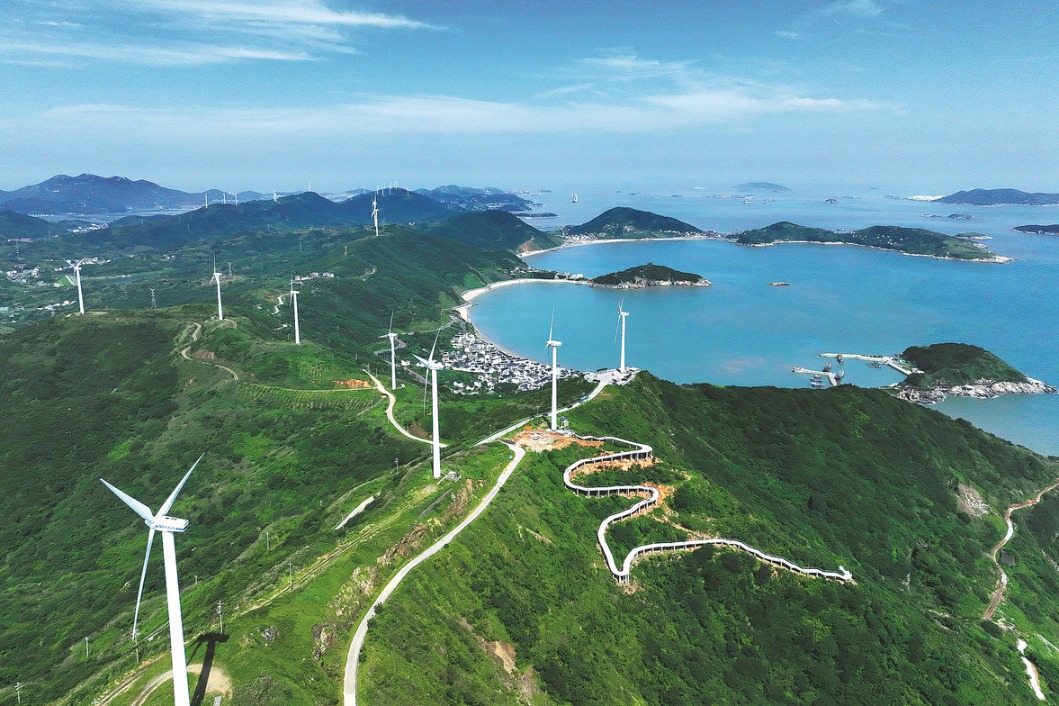

The European Union (EU) and China are deepening their consensus on environmental and climate issues, aiming to boost global confidence in environmental governance. The China-European Union High-Level Environment and Climate Dialogue has resulted in 17 cooperation outcomes and specified areas of future collaboration. China and Europe see great potential for cooperation in renewable energy, green technology, green transportation, carbon trading markets, climate adaptation, biodiversity conservation, and chemical management. The leaders of China and France have a longstanding and close environmental cooperation. They have a strong consensus on promoting green development, with a focus on energy transition, energy conservation and efficiency, circular economy, green technologies, and related regulations and standards [1e4d20ba].
The European Union (EU) and Canada have announced a new green alliance to strengthen their partnership in the field of sustainability. The alliance aims to future-proof the EU's global green leadership and reduce its dependency on the Chinese economy. The agreement is based on a template that the EU has pursued with other countries, including Japan and Norway. Canada's hydrogen capabilities, as well as cooperation in areas such as carbon pricing and trading, are key aspects of the alliance. The EU-Canada alliance will also give a boost to the upcoming COP28 climate summit and support the EU's European Green Deal mega-project. The EU is looking to position itself as a global green superpower and secure a renewed political lease of life. The alliance will help ensure a secure and sustainable supply of materials for European industry and lower the dependency on imports from single country suppliers. Although the EU and Canada are not fully aligned on all elements of the green agenda, bilateral relations are positive and cooperative. The alliance builds on the Comprehensive Economic and Trade Agreement (CETA) signed in 2016, which has driven an increase in two-way commerce between the EU and Canada [0bf0915a].
The collaboration between Japan, the EU, and Canada in data and research signifies the growing recognition of the importance of international cooperation in the digital and research domains. By establishing frameworks for cross-border data transfers and joining research programs, these countries aim to promote innovation, economic growth, and address global challenges. This collaboration not only benefits the participating countries but also contributes to the development of global standards and the advancement of knowledge and technology. Through these partnerships, Japan, the EU, and Canada can leverage their collective expertise and resources to create a better future for all [0bf0915a].
The China-Europe cooperation on the environment and climate is of special significance amid the escalating global climate crisis and sluggish world economy. The consolidation of consensus between China and Europe aims to boost confidence in global environmental and climate governance. The dialogue between China and Europe has yielded 17 cooperation outcomes and identified areas of future collaboration. Both sides recognize the enormous potential for cooperation in renewable energy, green low-carbon technology, green transportation, carbon trading markets, climate adaptation, biodiversity conservation, and chemical management. China and France have a longstanding and close environmental cooperation, and Chinese and European leaders have a high level of consensus on green development, with a focus on energy transition, energy conservation and efficiency, circular economy, green technologies, and related regulations and standards [1e4d20ba].